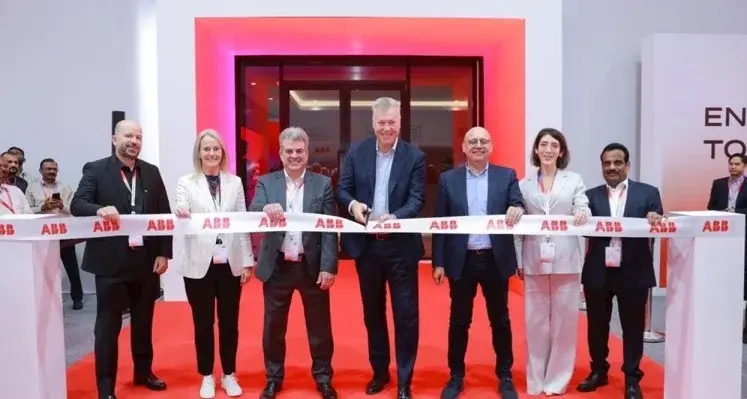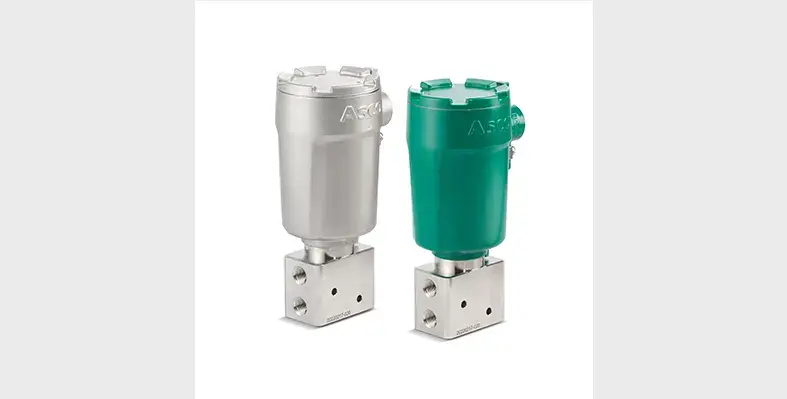Get a real-time list of equipment present in a vehicle and see what is missing versus an established vehicle equipment list. Select missing tools on-screen. Quickly home in with proximity-increasing sounds and visuals on a portable RFID reader
Discover the affordable RFID Scan & Drive solution from Brady!
Have you ever arrived at an intervention without the necessary equipment? Ever lost tools during field interventions? How much time do you spend to make sure all equipment is accounted for, and present in your vehicles? Now you can confirm vehicle inventories digitally and automatically, highlight any missing assets, and home in on misplaced items to quickly complete your vehicles. How much time could you save?
Everything present
Instantly see which tools are present in a vehicle - and what is missing. Easily save substantial time per vehicle, per intervention, with automated equipment inventory checks that take only seconds.
By labelling equipment with passive, battery-free UHF RFID labels, we can let an RFID reader in your vehicle detect which tools and items are present. The RFID reader can check detected tools versus a list of expected items to confirm a complete vehicle inventory or to highlight missing equipment on your phone.
Be fully equipped before leaving for a field intervention. Avoid losing tools after interventions. Don’t waste time checking visually where every piece of equipment is. Just scan, get confirmation in seconds, and drive to your next destination.
Home in on assets
Quickly find misplaced equipment. Home in on specific items with a portable RFID reader and proximity-increasing sounds and visuals.
Passive, battery-free UHF RFID labels bounce back radio signals from a portable RFID reader up to 15 metres. By measuring the strength of the returning radio signal with patented data capture technology, our portable RFID readers guide users towards a unique RFID label applied on a specific tool. When closing in, auditive and visual feedback strength from the reader increases.
RFID labels can include an LED, powered by an RFID reader from a 1.5 metre distance, to let a tool light up or to find it in a dense inventory of equipment.

Solution components
Brady develops and manufactures every component in our solution. Tested in in-house laboratories, each component is designed to withstand the wear and tear of field interventions, including exposure to UV, dust and moisture.
- RFID labels: Brady offers industrial grade on- and off-metal RFID-labels and tags that stay attached and remain legible on your equipment.
- Fixed RFID readers: Equipped with patented data capture technology, Brady’s fixed RFID readers collect data on items passing through their read range.
- Portable RFID readers: With intuitive displays, Brady’s portable RFID readers and SLEDs deliver unmatched mobility, data collection and interaction.
Are you interested in automated inventory checks solution from Brady? Visit our website, watch the short video and download the free RFID labelling guidebook.












